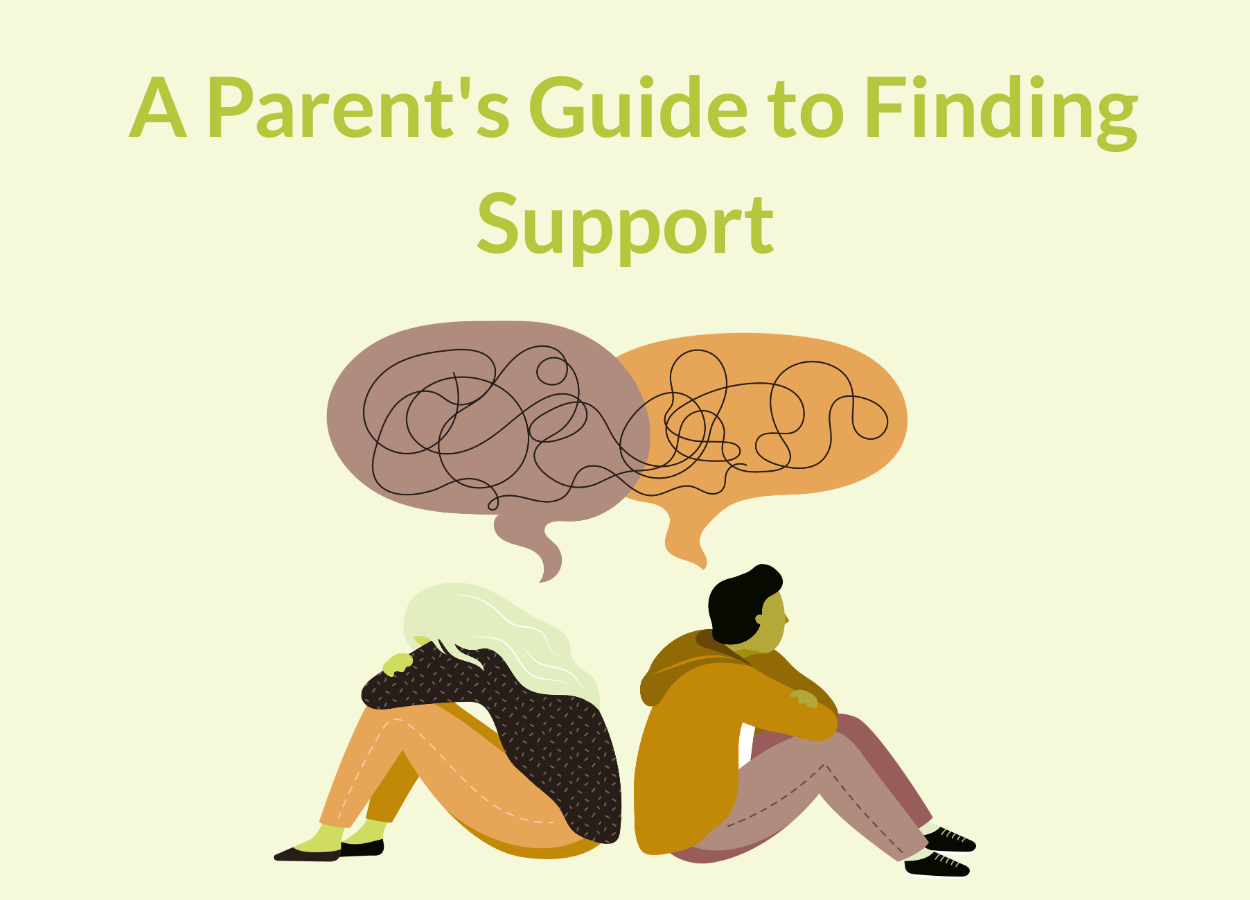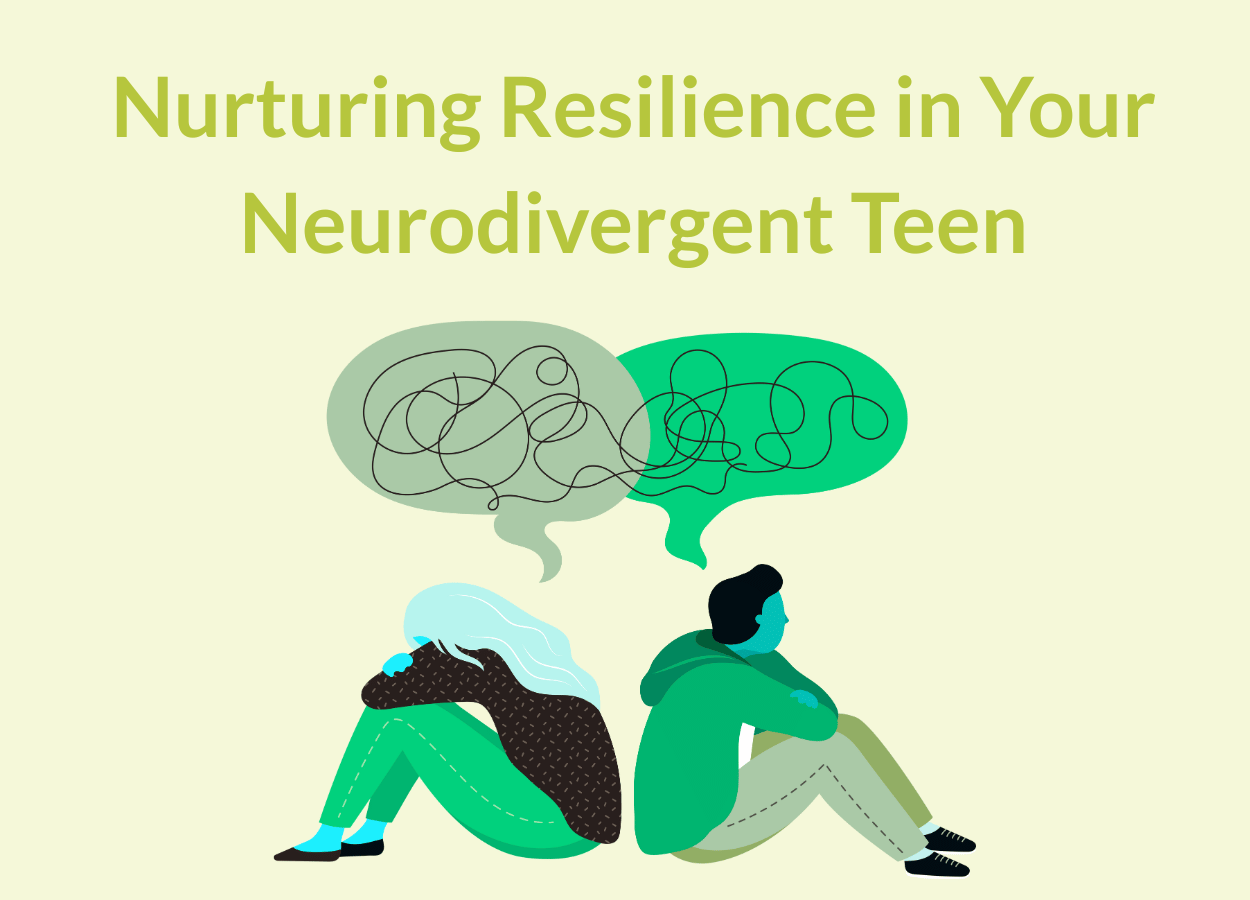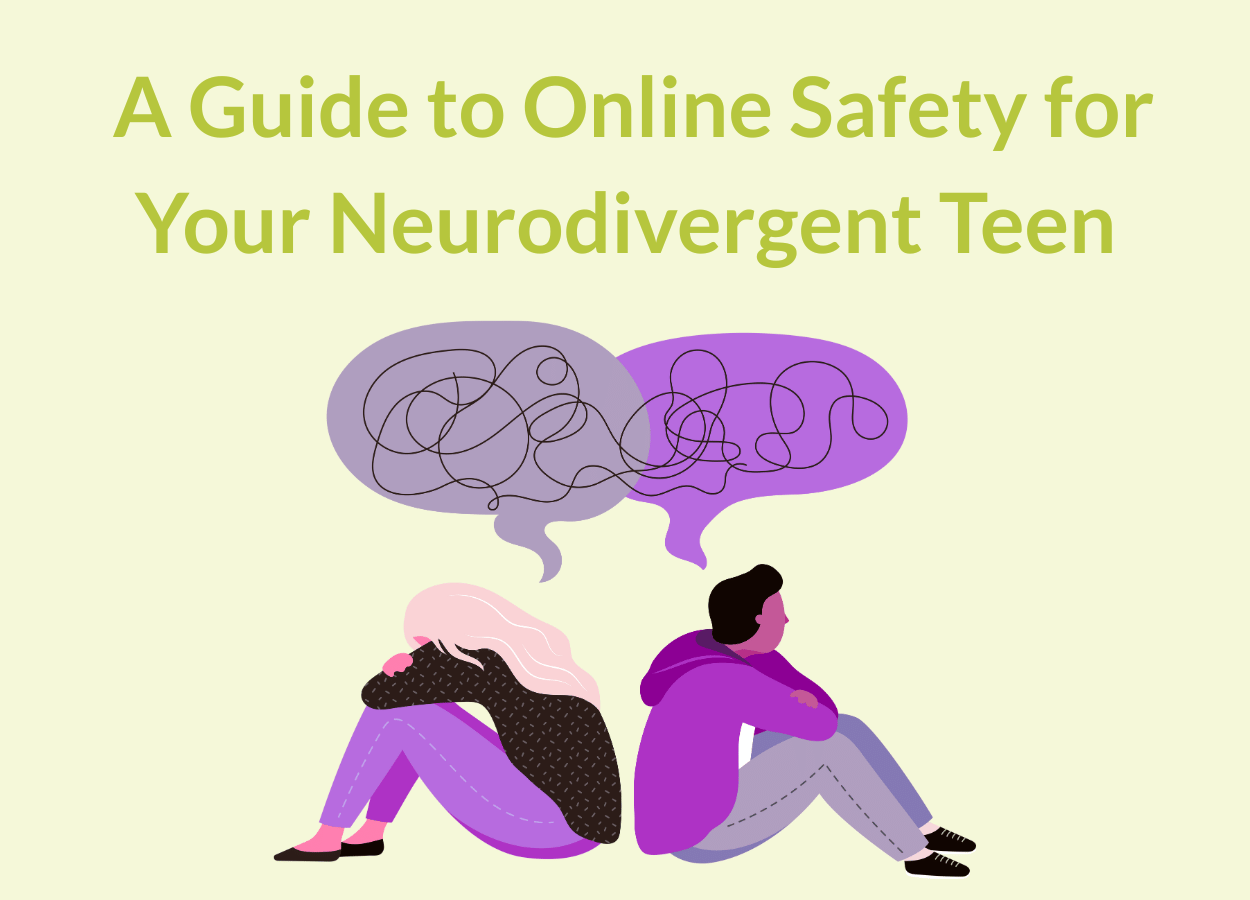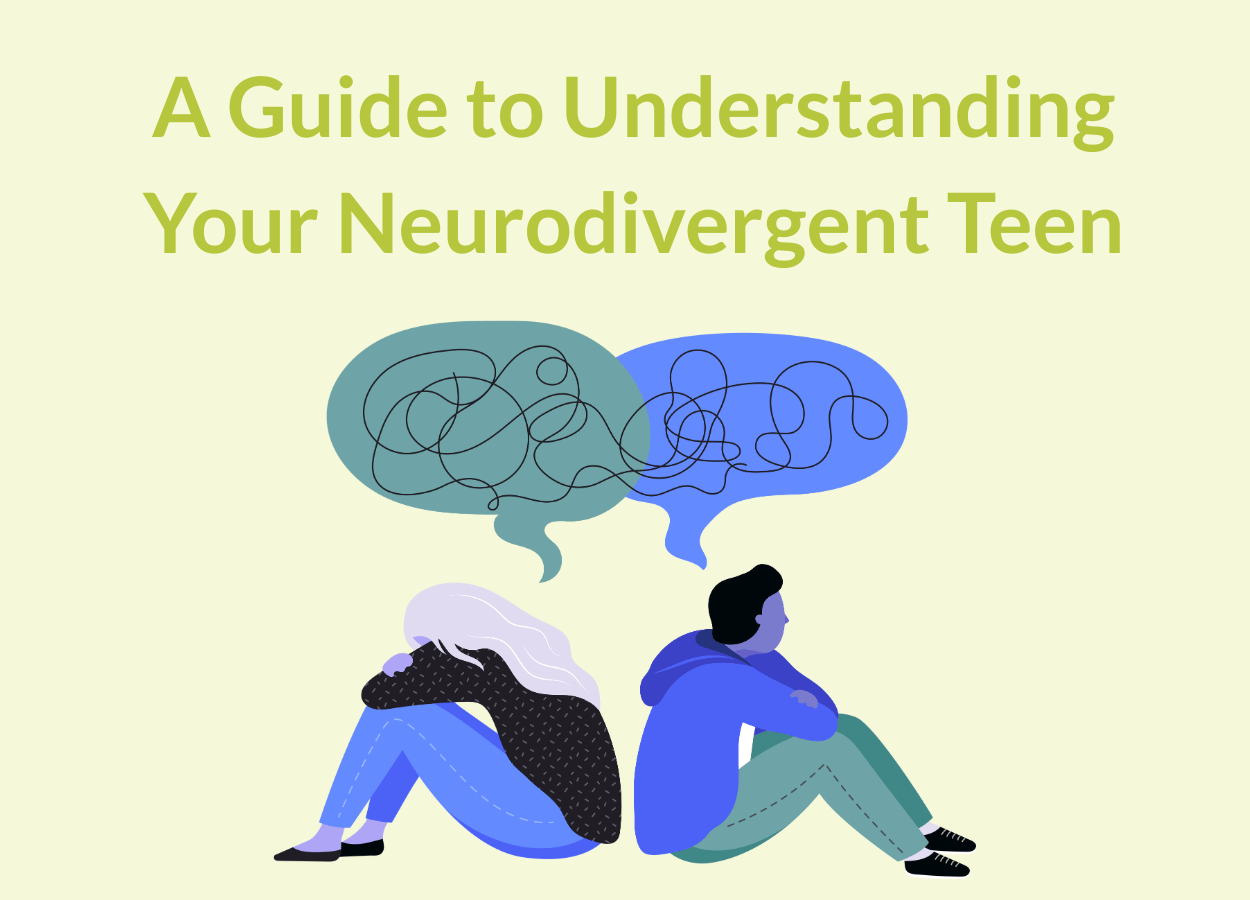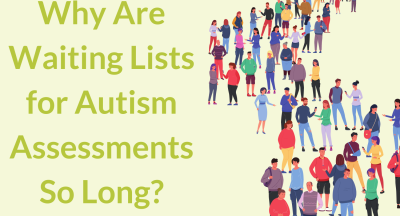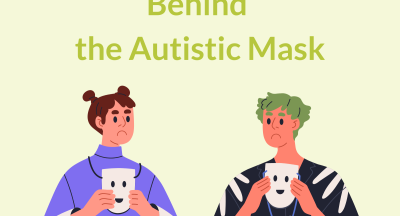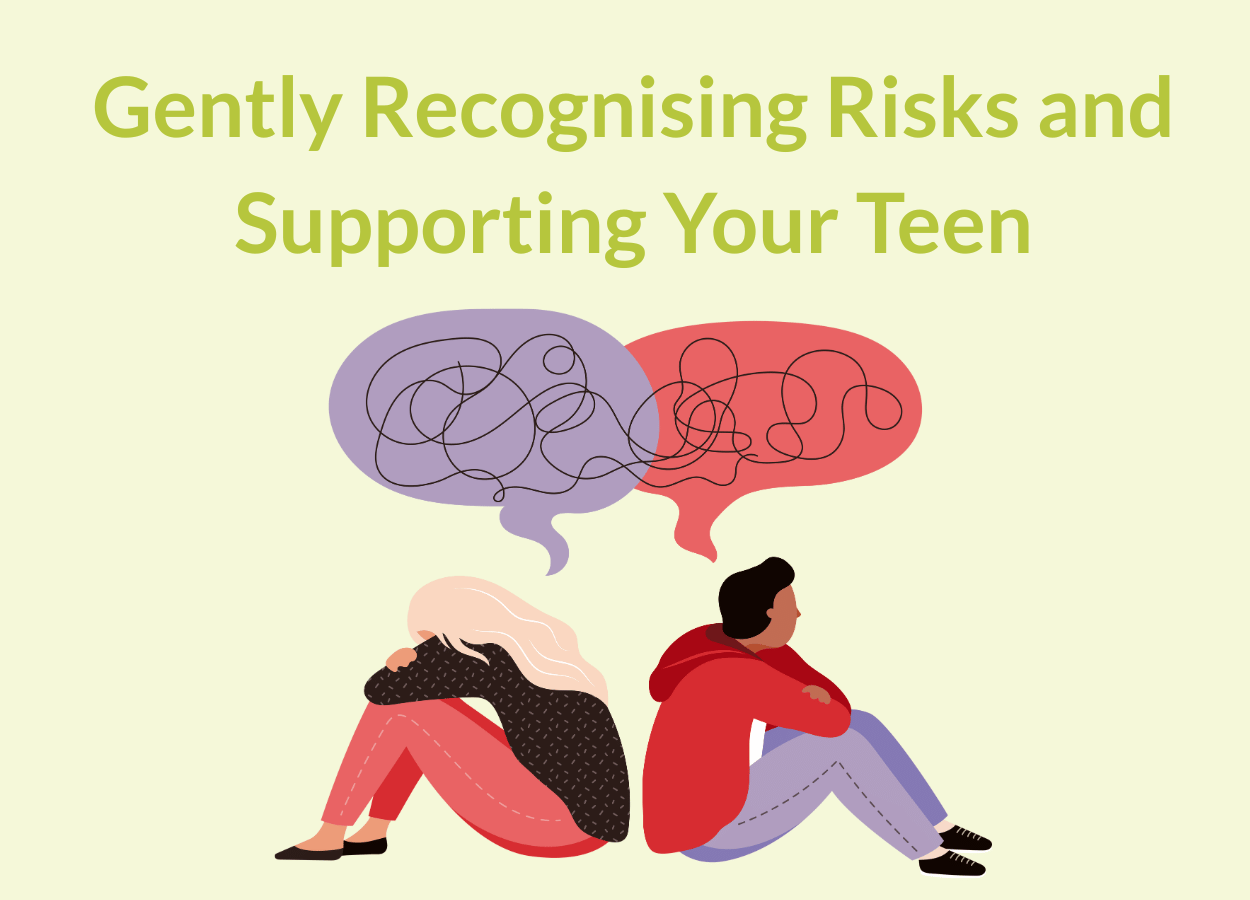
Thinking about these risks can be unsettling, but gently preparing yourself is a vital step in looking after your child. Knowledge is a warm blanket of reassurance. By softly understanding the kinds of situations that might be confusing for young people with autism and ADHD, you can learn to spot the subtle signs and trust your intuition when something doesn’t feel quite right. This article, the second in our series, will shine a gentle light on some of these potential challenges. Our aim is not to worry you, but to empower you with the awareness to be a confident and proactive guardian of your child’s wellbeing.
When a Friendship Doesn’t Feel Right: Understanding ‘Mate Crime’
Mate crime is not a simple falling out between friends. It is a calculated situation where someone pretends to be a friend to a person they perceive as vulnerable, with the intention of taking advantage of them. The ‘friendship’ is not real; it is a tool used to gain trust. For your neurodivergent teen, who may see the best in people and find it hard to read between the lines, this can be an incredibly difficult situation to recognise.
This kind of exploitation can show up in several ways:
- Financial Exploitation: It might begin with a ‘friend’ always borrowing money and not paying it back. This could escalate to them being pressured into paying for things or even taking out contracts in their name.
- Sexual Exploitation: Someone might pretend to have romantic feelings to manipulate a teenager into sexual acts they are not comfortable with. This can be very confusing within the context of what seems like a loving relationship.
- ‘Cuckooing’: This is where a ‘friend’ or group takes over a teenager’s personal space, like their bedroom, to use for criminal activities. The young person can be left feeling intimidated in their own home, often too worried to speak up for fear of losing the ‘friendship’.
The Search for Belonging: Gangs and County Lines
The recruitment process is a form of grooming. It doesn’t start with crime; it starts with the ‘belonging bait’. Recruiters offer everything a lonely teenager might long for: a sense of
family, status, and protection. They make the young person feel important and valued. This is especially true for teens who may have been excluded from school, a situation that unfortunately removes them from a supportive environment and places them in the path of exploiters.
Once a teenager is involved, it becomes very difficult to leave. They are often controlled through threats and ‘debt bondage’—being told they owe the gang an impossible amount of money for ‘lost’ items, creating a cycle of fear.
Navigating the Digital World: Sexual Exploitation and Online Grooming
The online world has become a primary place where groomers operate. They can hide their true identity and target teens who express feelings of loneliness online. A common tactic is to persuade a teenager to send explicit images of themselves (‘sexting’). Once the abuser has these images, they can be used for blackmail, a practice known as ‘sextortion’. The perpetrator might threaten to share the images with the teen’s family and friends unless they comply with further demands. For a young person, the fear of shame can be a powerful tool of control.
Other Areas to Be Mindful Of: Financial and Ideological Grooming
- Online Scams: These can include fake job offers that ask for an upfront fee or imposter scams from people pretending to be from official organisations.
- Radicalisation: While not common, it’s helpful to know that extremist groups sometimes target vulnerable individuals. Radicalisation is a grooming process. For some neurodivergent teens, certain traits can be exploited. A deep interest in a topic like politics can be twisted by a group with a similar focus. The autistic preference for clear rules can make rigid, black-and-white ideologies seem appealing. Most importantly, these groups prey on feelings of being an outsider, offering simple explanations and a powerful sense of community.
Your Gentle Watchfulness: How to Spot the Signs
Changes in Behaviour:
- Are they suddenly very secretive, especially with their phone?
- Have they started going missing from home or taking unexplained trips?
- Does their language seem ‘scripted’, as if someone is telling them what to say?
Changes in Behaviour:
- Do they have a new, often older, friend or group who seem overly influential?
- Have they withdrawn from their old friends and family?
Money and Possessions:
- Do they have new money, clothes, or phones that can’t be explained?
- Conversely, are they always short of money, or are things going missing from the home?
Emotional and Physical Wellbeing:
- Do they have unexplained injuries?
- Has there been a sudden change in their personal hygiene?
- Are they showing more signs of anxiety, fear, or aggression, or do they seem emotionally withdrawn?
Explore Our Other Articles In This Series Of Five:
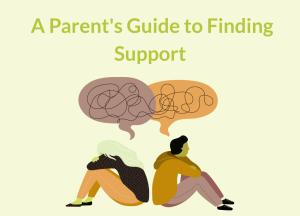
You Are Not Alone: A Parent’s Guide to Finding Support
Support your neurodivergent teen. This guide provides a directory of organisations, helplines, and resources for autism, ADHD, safeguarding, and online safety.
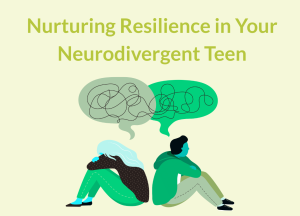
Beyond Protection: Nurturing Resilience in Your Neurodivergent Teen
Go beyond protection for your neurodivergent teen. Build resilience with strategies for social understanding, emotional management, and stronger life skills.
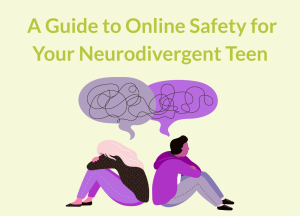
The Digital Playground: A Kind Guide to Online Safety for Your Neurodivergent Teen
Navigate online safety with your neurodivergent teen. Learn to empower them with a digital toolkit based on communication, tools, and skill-building.
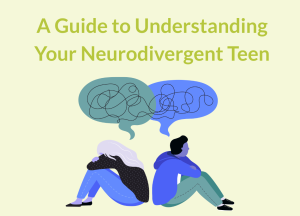
The World Through a Different Lens: A Guide to Understanding Your Neurodivergent Teen
Understand your neurodivergent teen. This guide explores the unique experiences of autistic and ADHD teens, offering insights for parents to foster safety and support.
You Are Not Alone: A Parent’s Guide to Finding Support
Support your neurodivergent teen. This guide provides a directory of organisations, helplines, and resources for autism, ADHD, safeguarding, and online safety.
Beyond Protection: Nurturing Resilience in Your Neurodivergent Teen
Go beyond protection for your neurodivergent teen. Build resilience with strategies for social understanding, emotional management, and stronger life skills.
The Digital Playground: A Kind Guide to Online Safety for Your Neurodivergent Teen
Navigate online safety with your neurodivergent teen. Learn to empower them with a digital toolkit based on communication, tools, and skill-building.
The World Through a Different Lens: A Guide to Understanding Your Neurodivergent Teen
Understand your neurodivergent teen. This guide explores the unique experiences of autistic and ADHD teens, offering insights for parents to foster safety and support.
Related Posts
Why are waiting lists for Autism assessments so long?
There is increasing evidence that waiting times for Autism assessments in the UK...
Our current thinking on PDA
As many people may be aware, there has been a great deal of interest in, and...
Diagnostic concerns and revisions to the DSM 5
Since the launch in March 2022 of the updated DSM-5 (now known as the DSM-5-TR),...
Changing the scissors: A call for a truly neuro-inclusive world
For too long, our collective approach to supporting neurodivergent children has...

